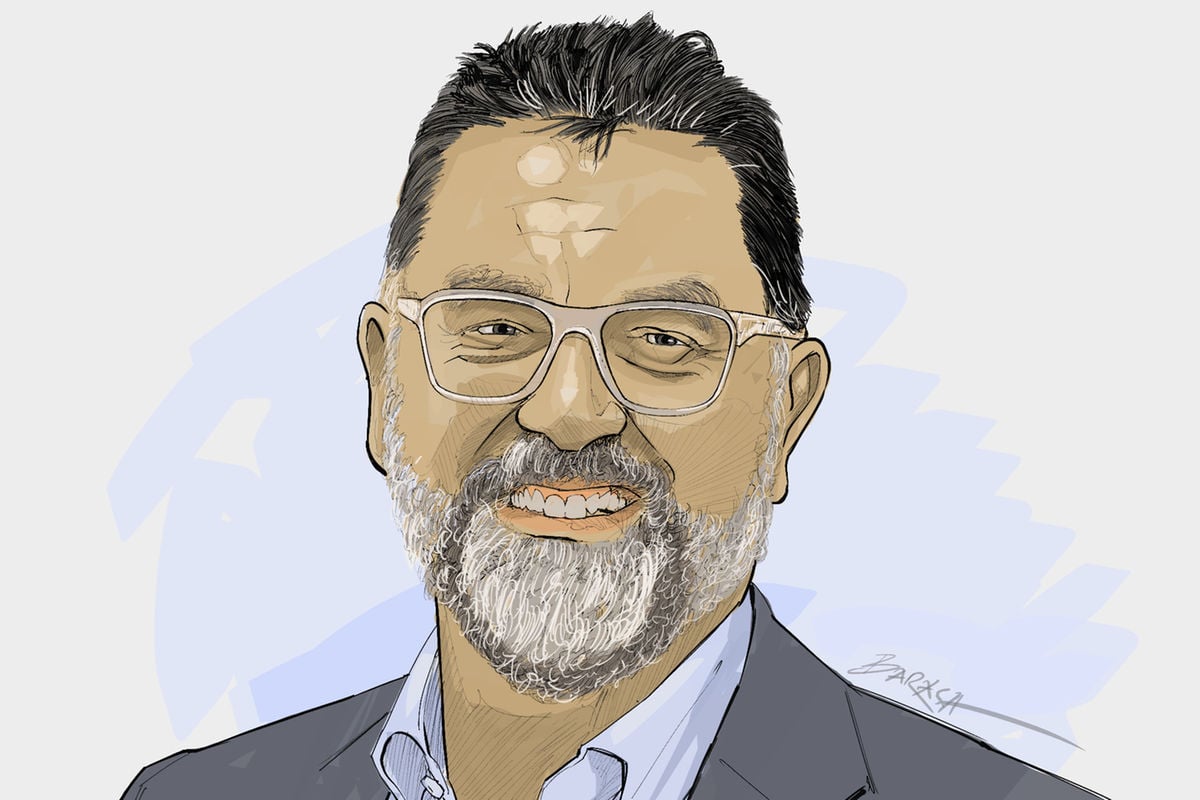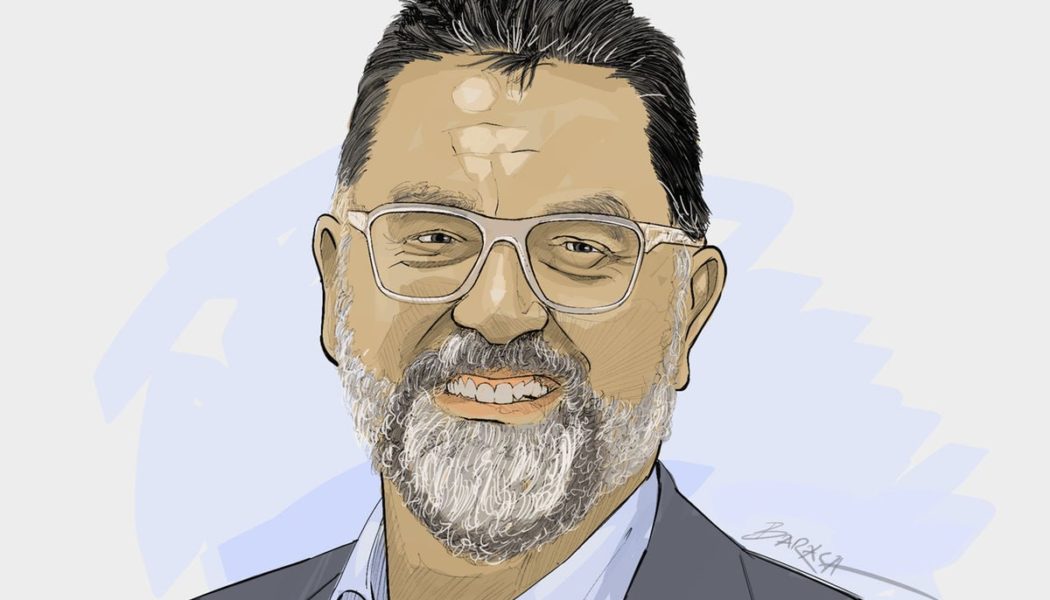
The number of young people graduating from college in search of jobs continues to outpace opportunities being created. But there is another problem: the number of companies desperately looking for workers with the right skills is rising.
The Business Daily sat down with Matthias Gillner, the chairperson of the Hilti Foundation, during his first-ever visit to Kenya, to discuss the interest of a Liechtenstein-headquartered philanthropic organisation in Kenya. He spoke about how the entity is riding on impact investing to bridge the skills gap in areas such as plumbing.
How is the Hilti Foundation connected to Kenya?
Hilti Foundation is a joint venture between the Hilti Group which contributes two percent of its profits to the foundation and the Hilti family which owns the Hilti Group.
We want to enable people to have an independent and self-driven life. One of the three main areas we work on is affordable housing which mostly happens in the Philippines and Nepal. We develop technology to build affordable and disaster-resilient homes.
We also focus on music for social change. We finance music schools, not with the idea of creating the best musicians in the world but to give people purpose in life by using music to teach discipline, teamwork and ambition. We do this mostly in South America. The third area is economic empowerment. It is all about educating people to change the trajectory of their lives. This is our focus in Eastern Africa where we have two programmes in Kenya, one in Tanzania and one in Zambia. We also support music in South Africa but on a small scale.
So what brings you to Kenya on this first visit?
Yes, I haven’t been here before. What brings me here is to have a feel of the two impact investment programmes we run here in Kenya. I just wanted to see what we are doing on the ground and how the programmes are shaping up and decide on the way forward.
I have a feeling Kenya is a good market to develop programmes and then scale up to other countries. It is one of the most advanced economies in Africa and has room for us to try things out and develop them.
For example, the PropelA programme we run here, we want to test and build it up here and then expand to other countries within East Africa.
What do you want to achieve out of this PropelA programme?
The short-term target is to educate about 1,000 people in construction-related jobs and give them a proper education so that they can be good electricians, plumbers, elevator mechanics and so on. The long-term target is to set up a whole system of dual education where a company hires somebody and pays him or her and at the same time educates them. Our hope will be that other sectors will pick up this model.
How is the PropelA training different from what these electricians or plumbers may have already learnt in class?
For the apprenticeship, they go through a two-year programme. Three weeks of a month, they are working in a company where they have a mentor. And then one week, they go to school to gain theoretical knowledge to solidify what they have learnt in practice.
The challenge of unemployment is a global concern. For countries like Kenya, what is your philosophy towards trying to solve this?
Youth unemployment is a big problem almost everywhere in the world yet on the other hand, there are a lot of countries facing skilled labour shortage. It is a paradox.
Our idea is to bridge this gap and make sure people who come out of school get proper access to education that fills the skills gap that companies have. For instance, in Kenya, many electrical and plumbing companies say they don’t have enough skilled labour. That speaks to a need.
Many youth strongly believe they have the skills and knowledge and that the only missing link is opportunities. How do you convince such people that they have a skills gap?
What I have seen in Ethiopia and to some degree in Kenya is people always aspire for university education because that is what has a higher reputation from a societal point of view. But we also need the people that do the physical work.
We have to change the perception of young people to start seeing a tradesman job as actually a nice way of working as opposed to just sitting in an office and shuffling papers.
Our programmes are designed to show people that there is a lot more to learn to be able to do a competent job. We lead them through a discovery journey. We hope that by giving people access to proper education, they will see a chance to start their enterprises and have a skilled labour force that is growing and becoming more professional.
How much research goes into deciding which programme fits which part of the world? Is there room to target a region with all three programmes?
We are now doing a strategy review and we will try to combine different programmes in the same geography. In the past, we have looked at them independently. Now we will try to bring those programmes together because it will help us increase their impact and sustainability.
The design of your programmes is that of impact investing as opposed to giving donations. What informed this design and how does it contribute to the sustainability of these programmes?
What we believe is that giving donations does not often have a lasting effect. It helps in emergencies or crises but does not necessarily give people a lasting effect. We focus on programmes where we build a system where we drive a systemic change. And with that, the change will last after we have pulled out. That is our idea. We do some emergency relief but that is a small portion of what we do.
What is most important in impact investing is that you think things from the end. One of the challenges we face here is that we don’t have enough training institutes in Kenya that can do the work that we want them to do. We have to show them that they can make money by investing in training.
What is the connection between the Hilti Foundation and Swisscontact in the programme you have in Kenya?
Our model is that we have an idea and then look for a partner. We have a small team in our headquarters in Liechtenstein and so we rely on suitable partners with a local presence in countries where we want to implement our programmes.
That is how we connected with Swisscontact, who have been here for decades and know the market well. We run an education system programme with Swisscontact and also run an economic empowerment programme with Hand in Hand where we target farmers in rural areas and give them skills on increasing their revenues as well as making their entities climate-resilient.









